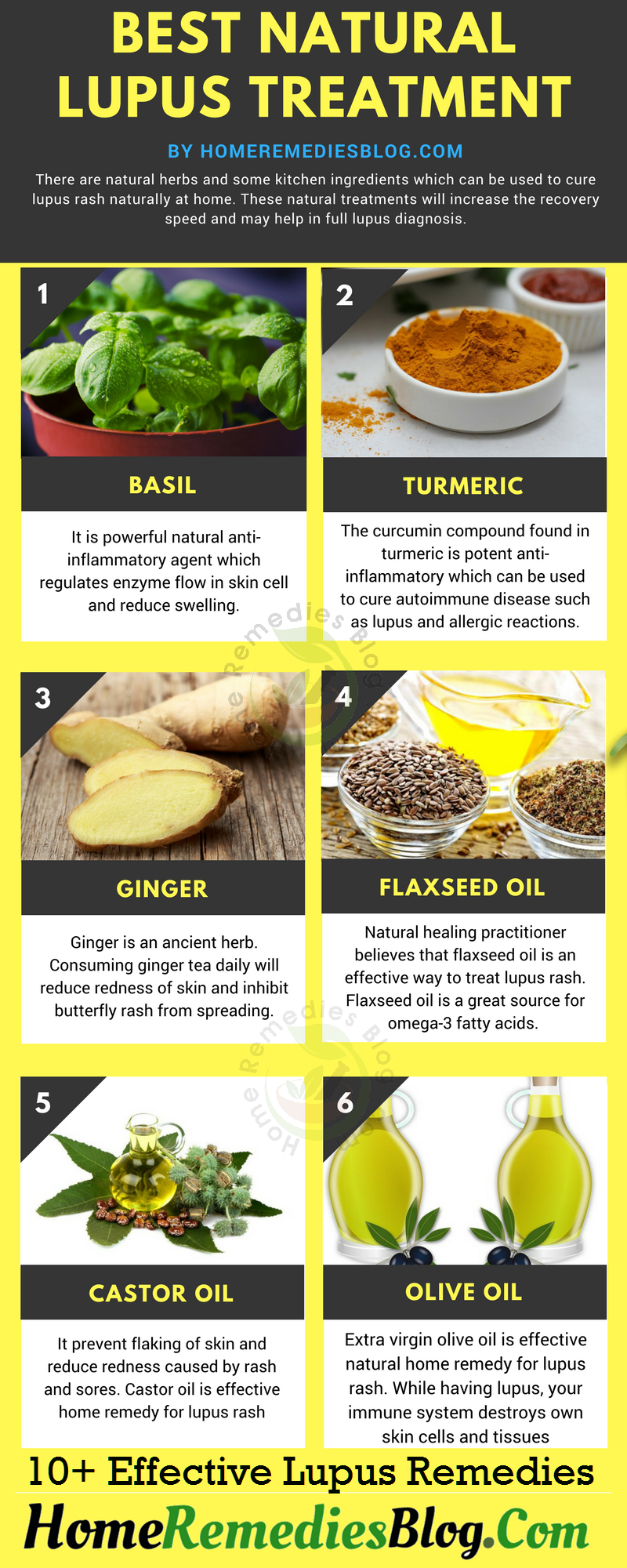Awesome Tips About How To Treat Lupus

Treatment can help improve your symptoms, prevent flares, and prevent other health problems often caused by lupus.
How to treat lupus. Visit a healthcare provider if you notice new pain, rashes or changes to your skin, hair or eyes. In clinical trials, voclosporin has been shown to be effective in treating lupus. Prevent or slow organ damage.
This means that you can manage it with treatment, but it will not go away. The goals are to reduce disease activity and minimize flares, prevent organ damage and further complications, and provide relief for pain and fatigue. The most common medicines used to treat lupus include:
The best approach to treating your lupus is a plan tailored to your specific needs. Drugs that reduce inflammation and slow or stop the destructive immune response can prevent damage to organs and reduce complications that can come with the disease. It’s the most common type of lupus, and means you have lupus throughout your body.
Types of lupus healthcare providers sometimes call lupus systemic lupus erythematosus (sle). Improve your quality of life. The goal of treatment is to:
It should consider the type of lupus you have, the severity of your inflammation and the damage to your organs that has occurred. Other medications are used to relieve pain and other specific symptoms. Prevent, limit, and stop flares.
Other potential drugs to treat lupus are currently being studied, including abatacept (orencia), anifrolumab and others. Lupus is a chronic disease with no cure. Many treatment options are available to help you live well with lupus, although the condition is lifelong and has no cure.
While there’s currently no cure for lupus at this time, medications are available to help you manage your symptoms and prevent lupus flares. Maintain the lowest level of disease activity, and, if possible, achieve complete remission.
.jpg?1492474596)


:max_bytes(150000):strip_icc()/what-is-lupus-2249968_final-58afa149bc23484c9d3f2c248fb8520b.png)













